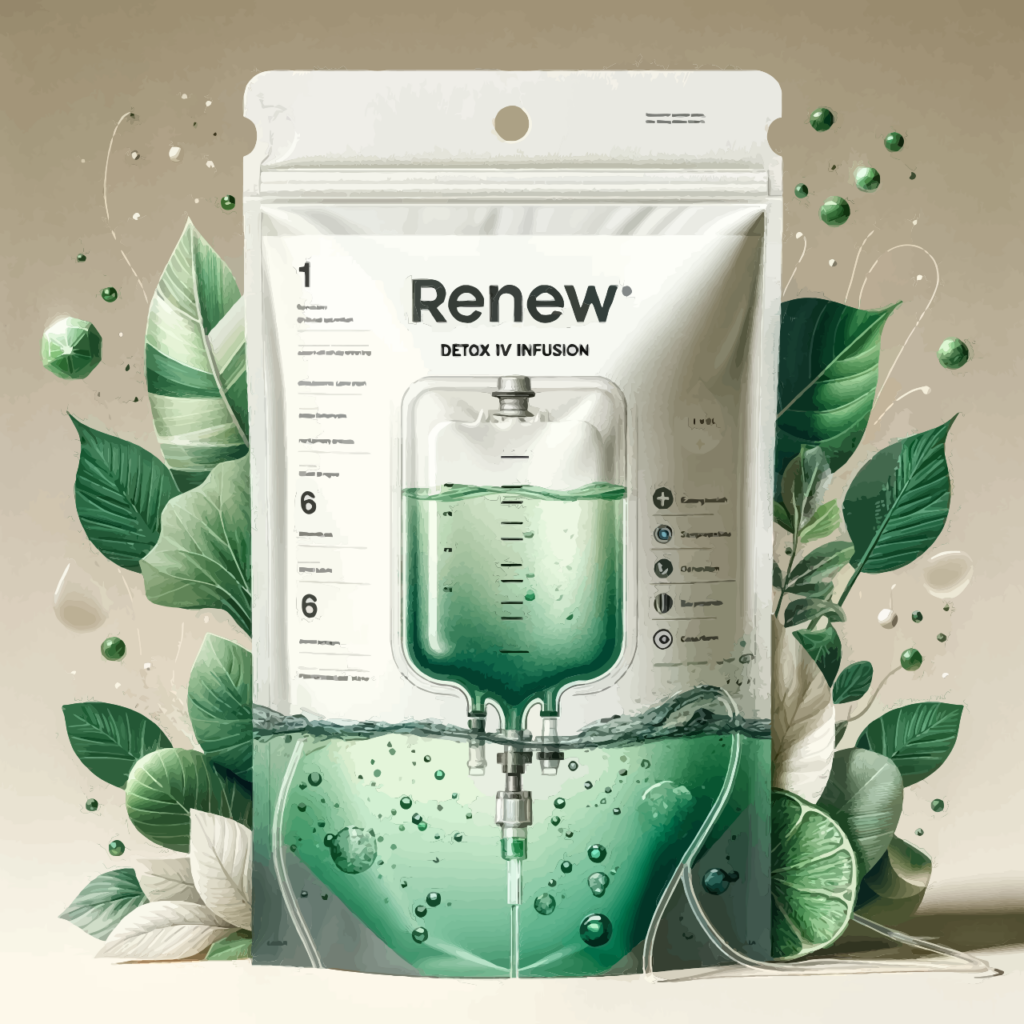Optimizing Brain Health: Exploring the Link Between NAD+ and Cognitive Function

Have you ever forgotten where you put your keys, struggled to remember someone’s name, or felt like your brain just isn’t as sharp as it used to be? These experiences are common, especially as we age. But what if there was a way to potentially support your brain health and cognitive function?
This blog post explores the exciting world of NAD+, a molecule that plays a vital role in our brain’s health and function. We’ll delve into the science behind NAD+, its potential benefits for cognitive function, and ways to learn more and optimize your brain health.
Understanding the Brain’s Powerhouse: What is NAD+?
Imagine your brain is a giant computer, constantly processing information and keeping you thinking, feeling, and moving. To function properly, this computer needs energy, and that’s where NAD+ comes in!
NAD+ (nicotinamide adenine dinucleotide) is a critical molecule found in every cell in your body, including your brain cells. It acts like a fuel source, providing energy for essential cellular processes in the brain, such as:
- Memory formation and recall: When you learn something new, your brain forms new connections between cells. NAD+ helps power these processes, allowing you to learn and remember effectively.
- Focus and concentration: Staying focused and concentrating requires constant brain activity. NAD+ fuels these processes, helping you stay focused on tasks and avoid distractions.
- Mood and emotional well-being: The brain plays a crucial role in regulating mood and emotions. NAD+ supports these processes by influencing neurotransmitters, the chemicals that carry messages between brain cells.
However, as we age, our NAD+ levels naturally decline. This decline can contribute to age-related cognitive decline, including difficulties with memory, focus, and overall brain function.
Exploring the Link Between NAD+ and Cognitive Function: Can It Help Your Brain Stay Sharp?
Scientists are exploring the potential of NAD+ to support cognitive function in different ways:
- Boosting Memory and Learning: Studies suggest that NAD+ may enhance memory formation and recall. This could be beneficial for people of all ages, especially those concerned about age-related memory decline. Curious to learn more about the research on NAD+ and memory? Visit our website for in-depth articles and resources!
- Improving Focus and Concentration: Research indicates that NAD+ might help improve focus and concentration by supporting the brain’s ability to filter out distractions and stay engaged in tasks.
- Promoting Mental Resilience: Early research suggests that NAD+ may play a role in protecting brain cells from stress and promoting neuroplasticity, the brain’s ability to adapt and change throughout life. This could potentially contribute to improved mental resilience and cognitive flexibility.
It’s important to remember that these are all areas of ongoing research, and NAD+ is not a magic bullet for improving cognitive function. However, the initial research findings are promising and warrant further investigation.Feeling like you can’t concentrate as well as you used to? Schedule a consultation with a qualified professional at our center to discuss if NAD+ therapy might be right for you.
Taking Control of Your Brain Health: Tips and Resources
While research on NAD+ is ongoing, there are many things you can do to support your brain health in general:
- Maintain a healthy diet: Eating plenty of fruits, vegetables, and whole grains provides your brain with essential nutrients for optimal function.
- Stay physically active: Regular exercise, even moderate amounts, can improve blood flow to the brain and stimulate the growth of new brain cells.
- Challenge your brain: Engaging in mentally stimulating activities, like learning a new language, playing brain games, or reading, can help keep your brain sharp.
- Prioritize quality sleep: Getting enough sleep is crucial for your brain’s ability to consolidate memories, learn new things, and function optimally.
- Manage stress effectively: Chronic stress can negatively impact your brain health. Practice relaxation techniques like deep breathing, meditation, or yoga to manage stress.
If you’re interested in learning more about NAD+ and its potential role in supporting your brain health, consider these resources:
- Talk to your doctor: Discuss your individual concerns and whether exploring NAD+ therapy might be right for you. They can provide personalized guidance based on your medical history and current health needs.
- Seek reputable information: Look for information from trusted sources like health organizations, academic journals, and established medical institutions. Be wary of websites making exaggerated or unsubstantiated claims.
- Consult with a qualified healthcare professional: They can offer personalized advice and guidance tailored to your specific situation and health goals.
Subscribe to our newsletter to receive the latest updates on NAD+ research and brain health tips!














